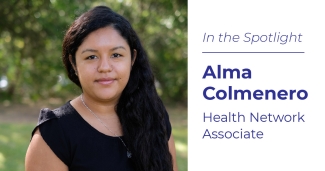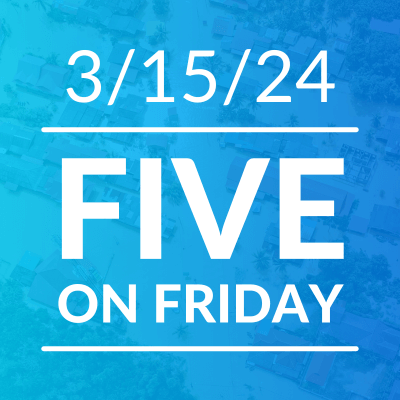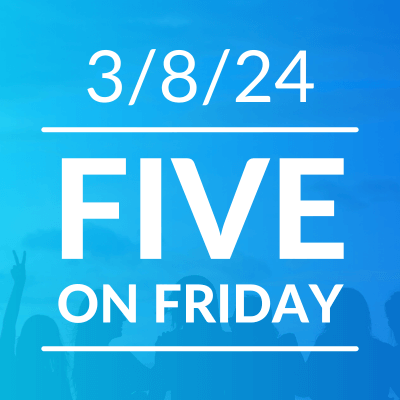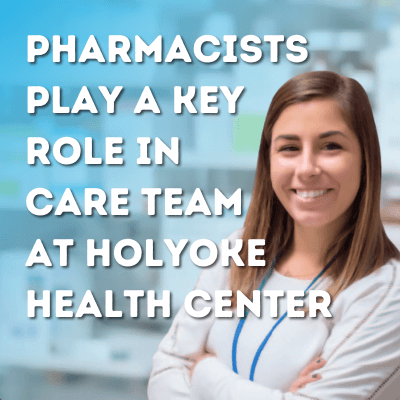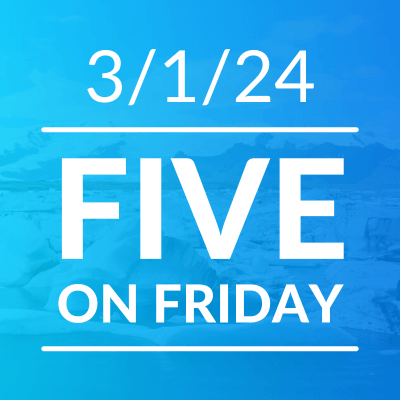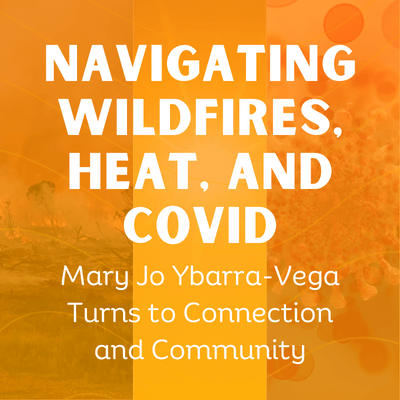In the Spotlight: Alma Colmenero, Health Network Associate
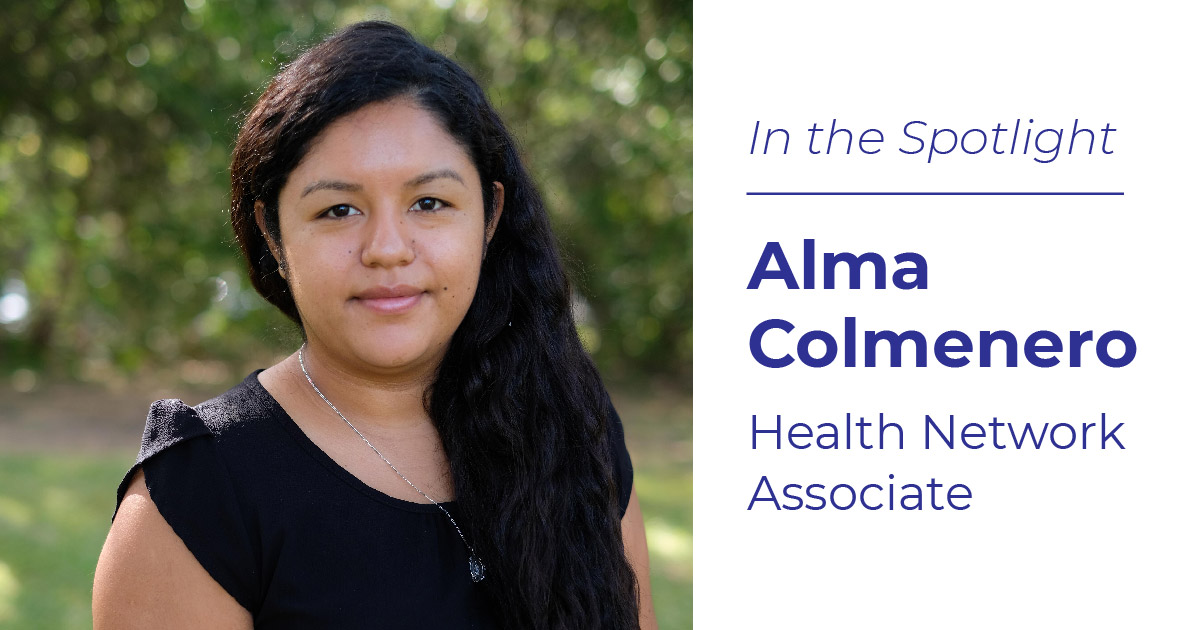
photo credit: Robert Corona
[Editor’s Note: We’re once again shining a light on our Health Network team: the hardworking people who save lives by assuring continuity of care. Health Network is our bridge case management program that provides comprehensive case management, medical records transfer, and follow-up services for mobile patients. Here’s our second installment highlighting the Health Network team, with a piece on our Health Network team member, Alma. You can read the first installment featuring Saul Delgado, Health Network Data Specialist, here. Many thanks to Health Network Intern Monique Vasquez for collecting these stories.]
“Alma is dedicated to her work. She’s a hard worker and reliable. She’s a very caring person, which is carried into her work. I know her patients are in good hands with her. She’s really helped me a lot with any cases; I can always go to her for advice.”
– Alejandra Lemus, Health Network Associate
Alma is able to handle injustices and make an assessment of what action to take with such calm.
- Deliana Garcia, Director of International Projects and Emerging Issues
Alma Colmenero, Health Network Associate, began her career with Migrant Clinician Network in 2015. In March 2016, Alma decided to take a break from work to care for her newborn daughter. In the summer of 2017, Alma returned to MCN, where she picked up her important work to help her clients navigate the health care system, offering both tangible and emotional support.
Alma is also a great mother. She has always been dedicated to helping others. In college, she started a sorority on campus focused on community service, academics, and volunteering. Family remains very important to Alma; she enjoys visiting her mother’s house in Dallas, her “ultimate favorite place,” where she was raised.
Recently, Alma shared more about herself in a short interview. Below are her responses, edited for brevity and clarity.
What brought you to work with MCN?
It ties back to immigration -- just helping agricultural workers and mobile workers. I have family members who have work visas and they don’t work for farms but they come cutting grass. It’s a seasonal job, so they’re here in the summer, go back in December, and come back around April or May. Through MCN, I kind of was able to relate to what they do - because [even my family members] need care and sometimes they are like, ‘I don’t know how to go about it; I don’t speak English’.
What is the best part of your job?
I have a patient with HIV who’s always very good about calling me when his prescription is about to expire and he needs to get a refill, and he’s always like ‘oh, Ms. Alma I need help.’ This patient always calls me the last day when he’s out of medication, so it takes me maybe a day to get him some medication, but during that one day that he doesn’t have medication he’s pretty good about calling. Every time he calls he is very thankful and is like, ‘oh my gosh, thank you so much.’ So just hearing a patient be thankful…it’s fulfilling.
Because for us who are able to make appointments, or being able to just go to the pharmacy and tell the pharmacist ‘oh I need a refill’ it’s easy, but for some it’s confusing, and it’s hard. So just being able to do that for him, it’s rewarding for me.
What is your favorite moment or most memorable accomplishment at MCN?
Currently it’s working with him, but when I first started I had this one prenatal case that’s a memorable case. I still can’t forget her. She was pregnant and her daughter had killed herself because she was abused. The patient felt it was her fault, fell into depression, at the time she was also pregnant. She said she didn’t feel her baby move. So it was just a lot of things, she was depressed, she was pregnant, she was a farmworker, she didn’t speak the language. So throughout following up with that case, there were so many instances where she could have stopped talking to me, or stopped going [to prenatal appointments] or responding to me. But somehow, I was able to stay in contact with her and have her be open about her situation, get her into care, and I feel like I was able to help. I left MCN [during my own pregnancy] and when I came back I was told she had a baby. I don’t know where she is now, or how she or the baby are, but just being able to get her into care for depression and prenatal care, it was challenging but it was rewarding.
That was when you were pregnant as well?
I think that’s why it was not an easy case, but it was easy to relate with her. How she is feeling or her depression, that was kind of hard for me, but I just tried to stay in contact with her. I think that helped her open up with me.
What do you wish other people knew about MCN?
All the work that we do, we are not just Health Network, we are a team, an organization that focuses on all the things, so just all the good work that we do, all the good work that Del is doing in Puerto Rico, or now with all of the kids that are detained.
How have you grown or benefited from the work you do at MCN?
I think it’s opened up my mind to what’s going on, because before I would hear all this immigration stuff, and it’s hard to watch. Before I wouldn’t want to listen to it, I would just shield myself from it. But throughout being here and learning and seeing what’s going on, it’s just like instead of shielding myself from it, I should be engaged. I should be doing what I can to make change. So that’s how I think I’ve grown and changed, that even those things are hard to hear or to deal with, to make a change and at least be able to help, even if it’s a small way is to learn more about it.
Can you give me an example about how you have made a change?
It’s not big but I have friends on Facebook who have said, ‘this weekend I’m going to a detention center’, or ‘I’m helping a child, if you can provide small necessities, shampoo or clothes, or toys that you don’t need’. That’s my way of helping, I don’t have a lot of money, so I feel like I’m able to help them with small things like a pair of shoes or toys, or normal necessities, I feel like that’s something.
What is your favorite thing to do?
After I had my baby, I [stopped doing] the things I used to. But when I do have extra energy, I like going to the movies, or the river. Even though I don’t know how to swim, I go to the river for the carne asada. I like taking small walks in the afternoon. It’s relaxing to me.
What’s your superpower?
Balancing work and family. I feel like oftentimes men go to work and that’s it. Women do not; we are working 24-7. When we come home from our jobs, our work is not done. People don’t see taking care of kids and a home as a job, they are just like, ‘oh it’s your responsibility’ but it's work too. Our culture still places the heaviest of the domestic burden on women, and that's unfair. Despite this big inequality, I think I balance it pretty well.
What motivates you?
My family. My mom would always tell me respect others like you want to be respected. So I feel like, just making sure that I always present myself in a matter where I don’t judge other people when I don’t really know them.
My culture [also drives me]. My mom has always said, ‘you have to embrace your culture, you need to speak Spanish to those who don’t speak Spanish, you need to celebrate the holidays we celebrate in Mexico, not just the ones in the US because you’re not just one person’… kind of like don’t just embrace one culture when we have two cultures.
Workwise, with everything that’s been going on with immigration and children, while we don’t work with detained immigrants face to face, I feel like it’s important that we help the mobile populations that we are able to help [through Health Network] even if it’s just through the phone that we get them their care. We have some patients who don’t speak English, and they ask, ‘Can I call you when I’m at the hospital or clinic?’ Sometimes the clinics don’t have interpreters that can help them so if they are able to call me then I am willing to do it.
For me, it’s about giving un granito de arena, or helping immigrants in the way I can, despite the political situation the way it is today.
I want to make a difference, but I know I myself cannot make it alone, so even if it’s just translating for a pregnant woman or making an appointment for an older man, even if it’s something small, I feel like if I can do that for someone then I’ve met my goal for that day.
What brings you joy?
To hear my daughter happy. My family. Going to Dallas, and the weather. I actually like it when it’s rainy and cloudy -- to me, that is perfect.
Is there anything that surprised you about MCN?
The interns that come in are really good. I have some of my friends who work for big corporations. She usually talks about her interns but never names them. I think because she works for a big corporation, they are a number or a person. They’re not just intern #2, intern #4, you’re Luis or Monique...
Do you have a favorite quote?
Si se puede.
Like what you see? Amplify our collective voice with a contribution.
Got some good news to share? Contact us on our social media pages above.
Return to the main blog page or sign up for blog updates here.
- Log in to post comments
